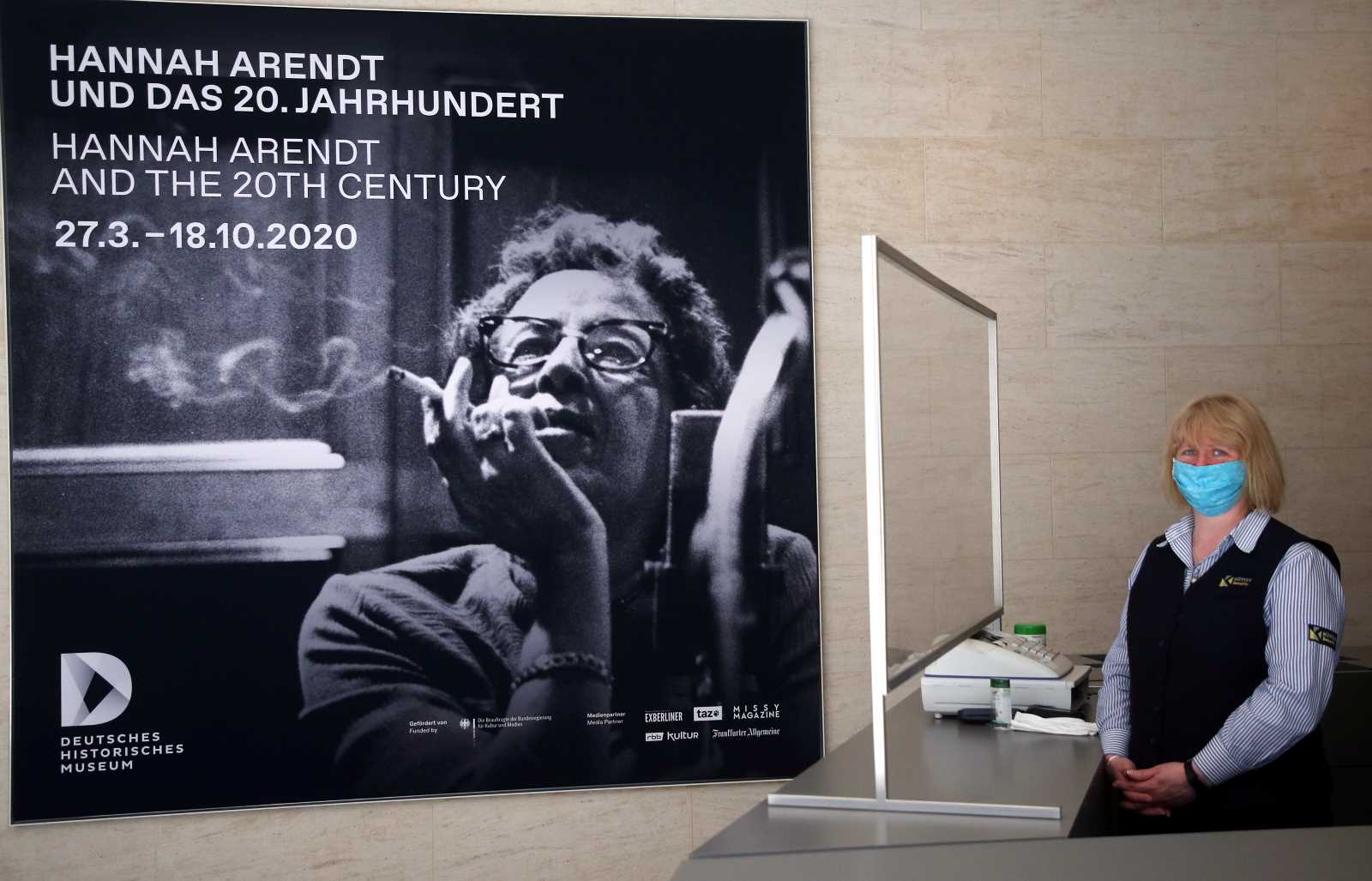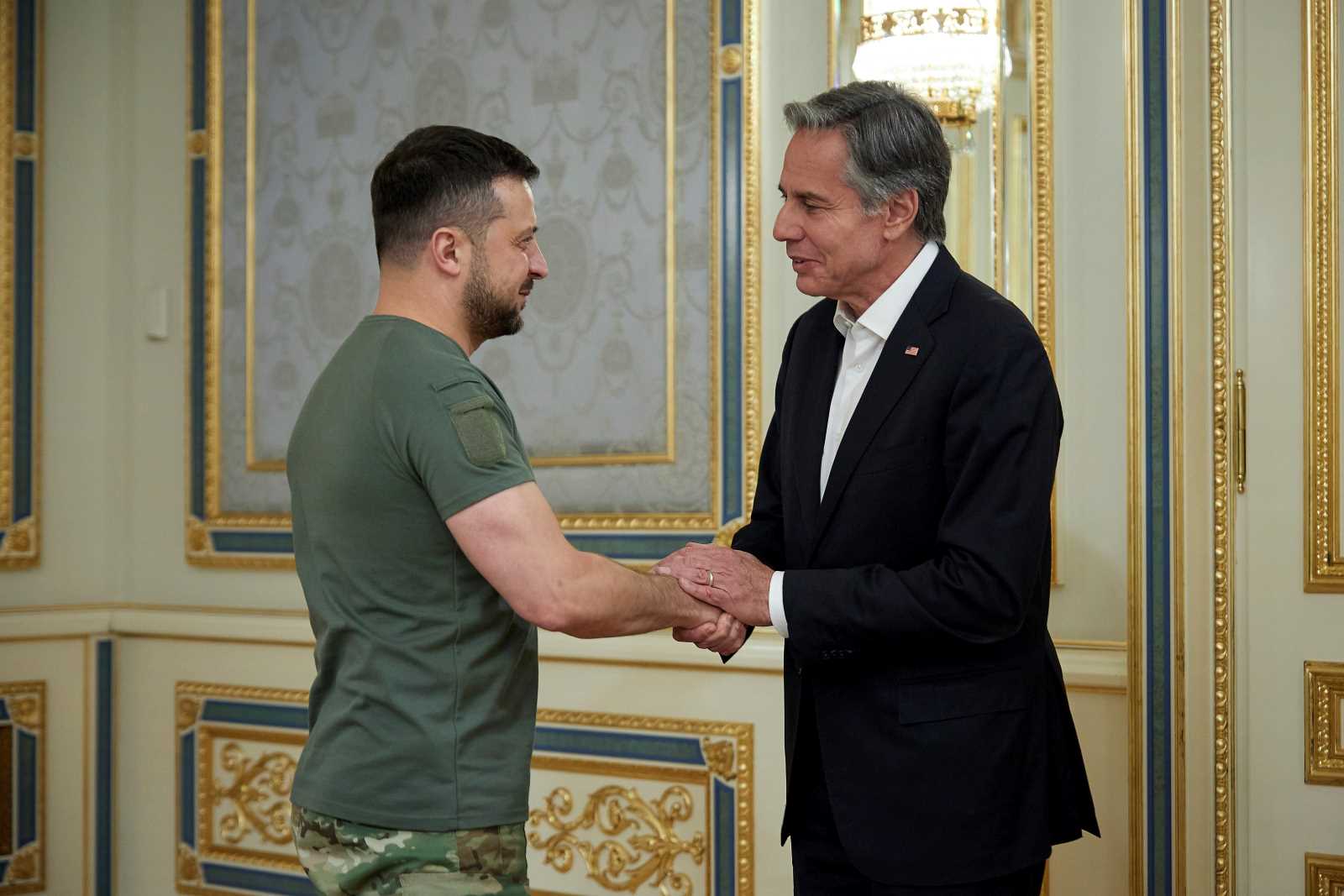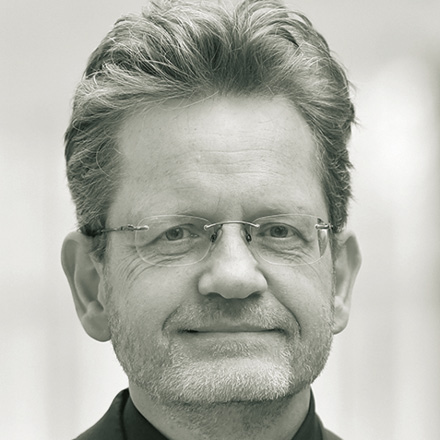Saudi Arabia's Role
“Good versus evil” rhetoric does not help in MENA region
Saudi Arabia is not a typical Muslim country. It stands out in many ways. The Royal House of Saud is running a despotic monarchy which relies heavily on fundamentalist theology. Hardly anywhere – except perhaps where ISIS holds sway – are Islam’s holy scriptures interpreted and enforced in such a dogmatic way.
Thanks to oil resources, Saudi Arabia is much richer than most predominantly Muslim countries. Saudi money has been funding missionaries and welfare programmes in many countries, spreading fundamentalist ideology in far away places, such as Bangladesh, Indonesia or Senegal, where Islam has a much more tolerant tradition than in Saudi Arabia. Terror organisations like the Taliban, Al Qaida and ISIS were spawned by Wahhabi ideology, the fundamentalist interpretation of the faith that the Royal House of Saud endorses.
Saudi leaders, moreover, pretend to speak on behalf of Islam, a world religion. Their main claim to doing so is that Mecca, the holy city, is in their country. However, the Arab peninsula has not been a major centre of Muslim intellectual life for many centuries.
In the west, many people still cannot tell the difference between Shia and Sunni Islam. Ever since the Iranian revolution in 1979, they believe that the strings of fundamentalist radicalism and terrorism are being pulled in Tehran. That is what Trump is arguing now. It is not true. Sunni fundamentalism has spawned terrorism too. Osama bin Laden was from Saudi Arabia.
I am not saying that Iran’s regime is harmless and benevolent. Its support for Hezbollah in Lebanon or the Assad-regime in Syria is deadly. In some ways, however, Iran is more democratic than Saudi Arabia. Its people have just re-elected a reform-oriented president, who, among other things, is promoting the rights of women. I know that these elections were not free since the Supreme Spiritual Leader decides who is allowed to run for office. But Saudi Arabia’s people have no electoral influence on their nation’s top leadership at all, and women are barred from public life.
Yes, Trump’s message that Islamist extremism is unacceptable deserves to be heard in Saudi Arabia. Nonetheless, this country is the wrong place to address the leaders of the Middle East and North Africa (MENA region) and even less the Muslim world community. In most Muslim countries his speech will be interpreted as an endorsement of the very Saudi regime that most Muslims know to have promoted Sunni extremism for decades. And all Arab leaders present will have noticed that human rights do not matter to the current US administration.
Trump used to say things like “Islam hates us”, but he has moved on from blatantly anti-Muslim rhetoric. His argued in Riyadh that the fight against terrorism is not one between “different faiths, different sects or different civilisations”, but one of “good and evil”. He called on all governments to “drive out” terrorists. He did, however, single out Iran, indicating it is the hub of terrorism, thus reinforcing the deep sectarian divide that has plagued the region for centuries.
This kind of polarisation is dangerous and ill informed. Tehran is not behind all kinds of Islamist terrorism. In Iraq, for example, ISIS grew strong because Sunni communities hoped its fighters would protect them from the Shia militias who support Iraq’s US backed government. The example shows, moreover, that blunt military repression is not always successful in containing extremism. The reason is that people may well pick up arms to resist such repression. In Egypt, for example, the military regime has arguably driven many formerly moderate Islamists into the arms of the militants by labelling the Muslim Brothers terrorists and cracking down on them. It does not help, moreover, to read Yemen's civil war in terms of Sunni order supported by the Saudis versus Shia terror supported by Tehran. Yemen's history is more complicated than that.
To achieve peace in a region as complex and conflict-prone as the Middle East and Africa, attempts to polarise “good versus evil” is bound to fail. All communities must be involved. Emphasising the Shia-Sunni divide, moreover, is likely to exacerbate violence. Ultimately, political stability depends on a government’s legitimacy in the eyes of its people, not on the threat of violence perpetrated by its security forces.














